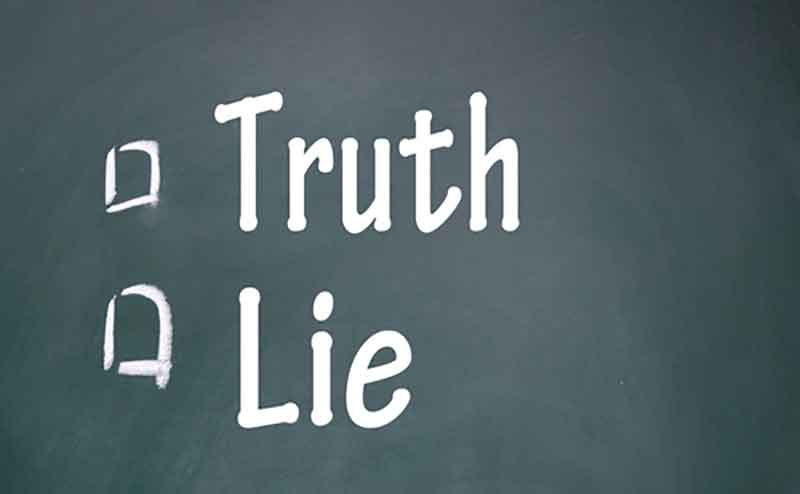From 1946, a memo to the future about the Russian view of truth or non-truth

In the light of Russia’s centrality to our affairs, it’s worth reading George Kennan’s so-called “long telegram” from Moscow to the US Department of State in 1946.
At the time, Kennan was the American charge d’affaires in Moscow. His 8,000-word telegram is seen to have provided one of the most influential underpinnings for America’s Cold War policy of containment.
Here’s a link to the memorandum. It’s worth a read. If you don’t, here are some of the high points:
- Kennan began with the assertion that the Soviet Union could not foresee “permanent peaceful coexistence” with the West. This “neurotic view of world affairs” was a manifestation of the “instinctive Russian sense of insecurity.” As a result, the Soviets were deeply suspicious of all other nations and believed that their security could only be found in “patient but deadly struggle for total destruction of rival power.”
-
He addresses the Russian view of truth, or more properly, of non-truth. Keenan writes: “The very disrespect of Russians for objective truth – indeed, their disbelief in its existence – leads them to view all stated facts as instruments for furtherance of one ulterior purpose or another.”
- The business of strong statehood is dealt with as follows: “Internal policy devoted to increasing in every way strength and prestige of Soviet state: intensive military-industrialization; maximum development of armed forces; great displays to impress outsiders; continued secretiveness about internal matters, designed to conceal weaknesses and to keep opponents in dark.”
- He sees the Russian view of international alliances and world citizenship as a histrionic exercise: “Russians will participate officially in international organizations where they see opportunity of extending Soviet power or of inhibiting or diluting power of others”.
Of course, the Soviet Union is long gone. The Russian Federation is in place. The world is not what it was when the Cold War ran hot. And yet, has reality changed quite that much?

